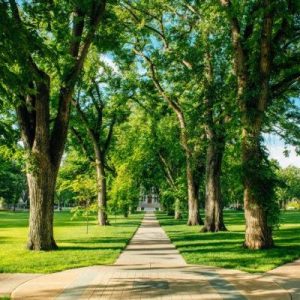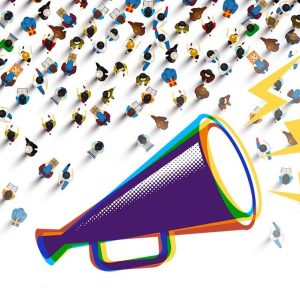Summary
Even though huge strides have been made in improving recruitment, retention and advancement of women and minorities in STEM fields, gender, racial and other biases persist, damaging research integrity and resulting in a completely unacceptable loss of talent. Moreover, the advancement of URM and female PhD students to post-doctoral and faculty positions continues to lag behind that of white males. Improving the climate and culture for women and minorities requires that individuals acknowledge that implicit and explicit biases persist in biomedical research environments and acquire the ability to recognize incidents of bias and intervene or prevent them. To achieve this, we have adapted a program (ADVANCE-Geo) that has been successful in improving the culture for female geoscientists. Trained CSU faculty will engage other faculty, staff and trainees in discussions surrounding climate and culture. Bystander intervention strategies will be shared. Faculty and trainees will be guided in how to create Codes of Conduct for their labs and Departments.



